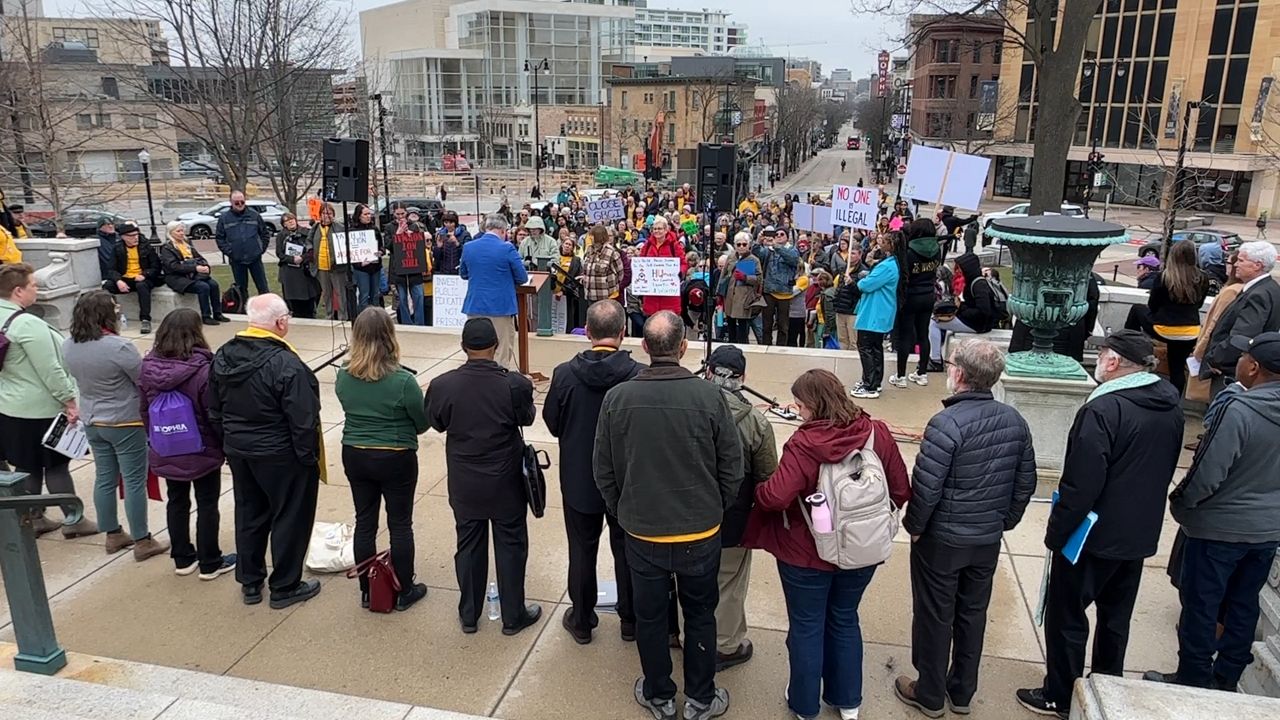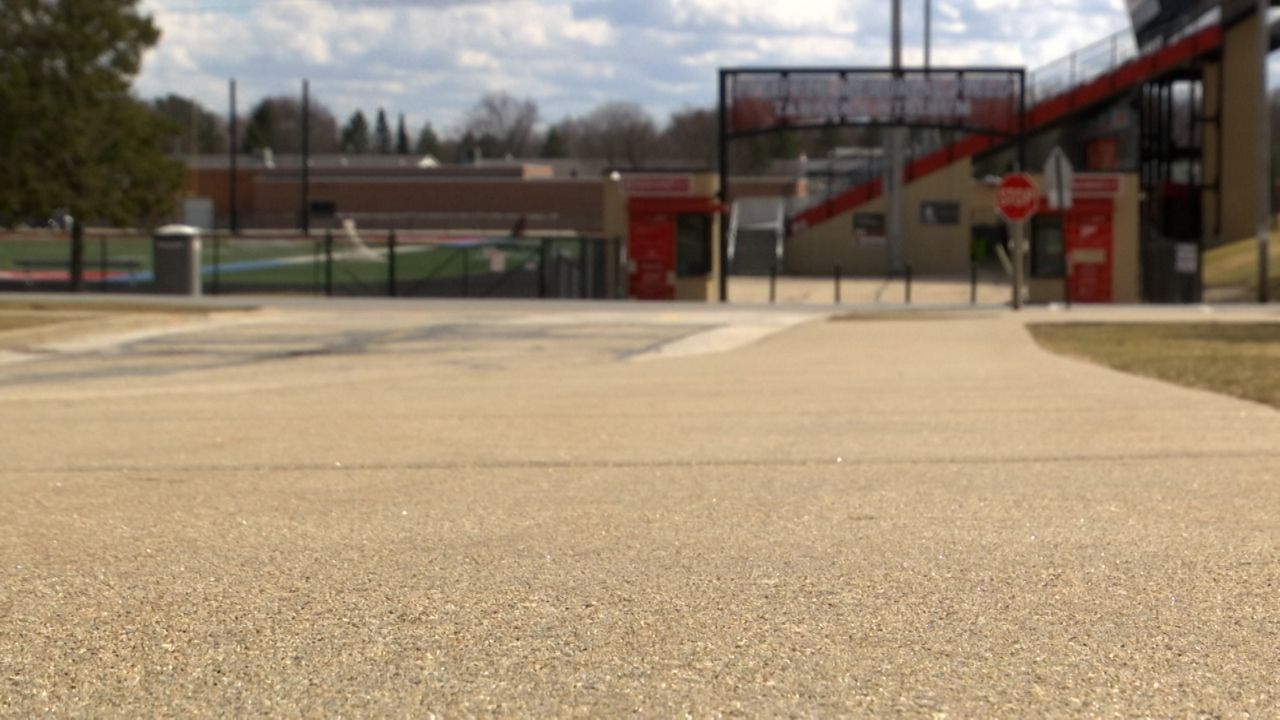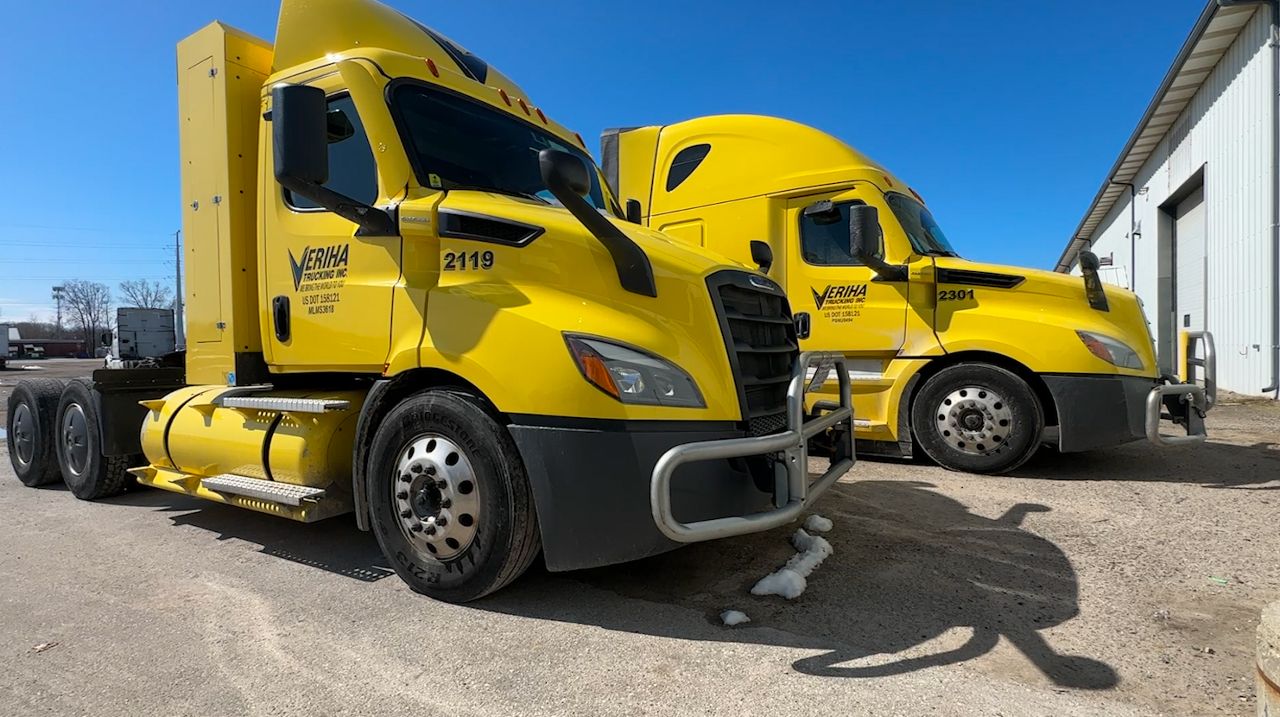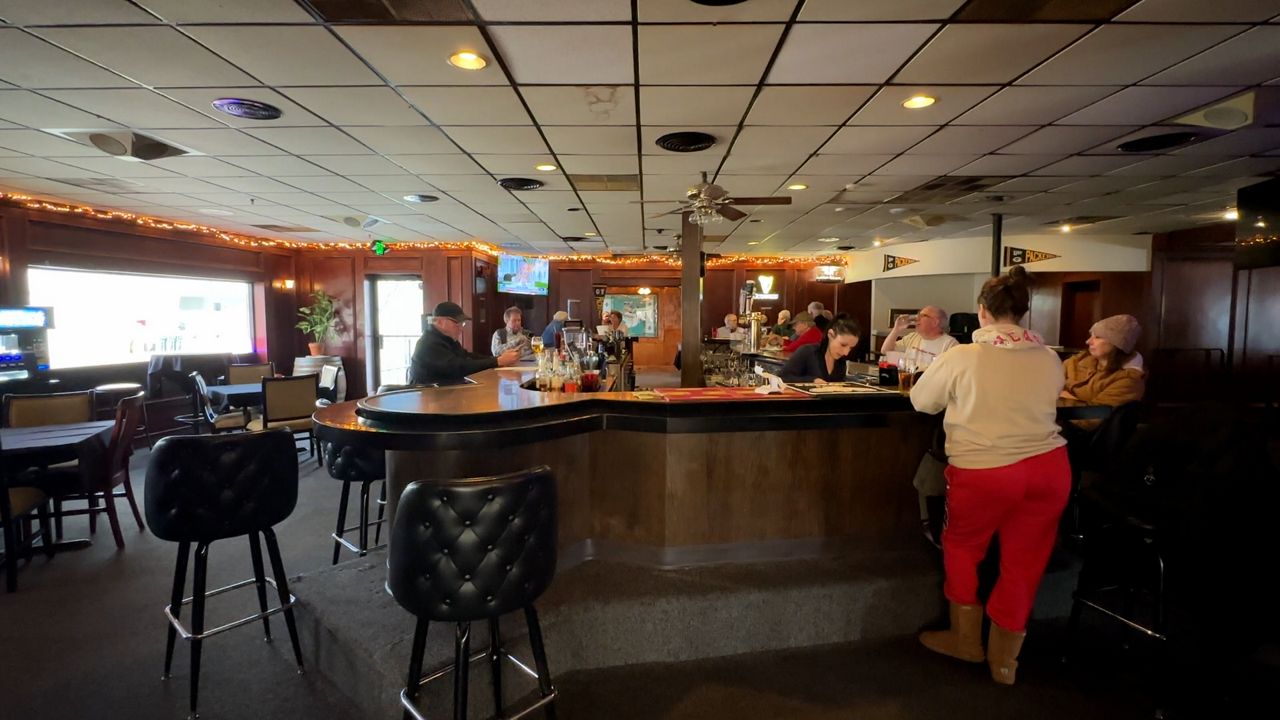This article discusses domestic violence. If you or someone you know has been assaulted, you can call the National Domestic Violence Hotline at 800-799-7233 for free, 24/7 support.
MILWAUKEE — Survivors of domestic abuse often try to leave their abusive relationships, but don’t have anywhere to go, and risk being homeless.
Stephanie Johnson is a survivor of domestic violence who, until recently, was living comfortably in an apartment in Milwaukee for nine years.
“I ended up being evicted after going back to a bad relationship thinking things were going to change and of course they did not,” said Johnson, whose name and identity has been changed in this story for safety reasons as she’s in the process of fleeing a domestic violence situation.
Johnson has been staying at the Milwaukee Women’s Center since October.
“I was staying with my daughter here and there, bouncing from place to place, I stayed in a hotel for a couple of nights until I ran out of money,” said Johnson.
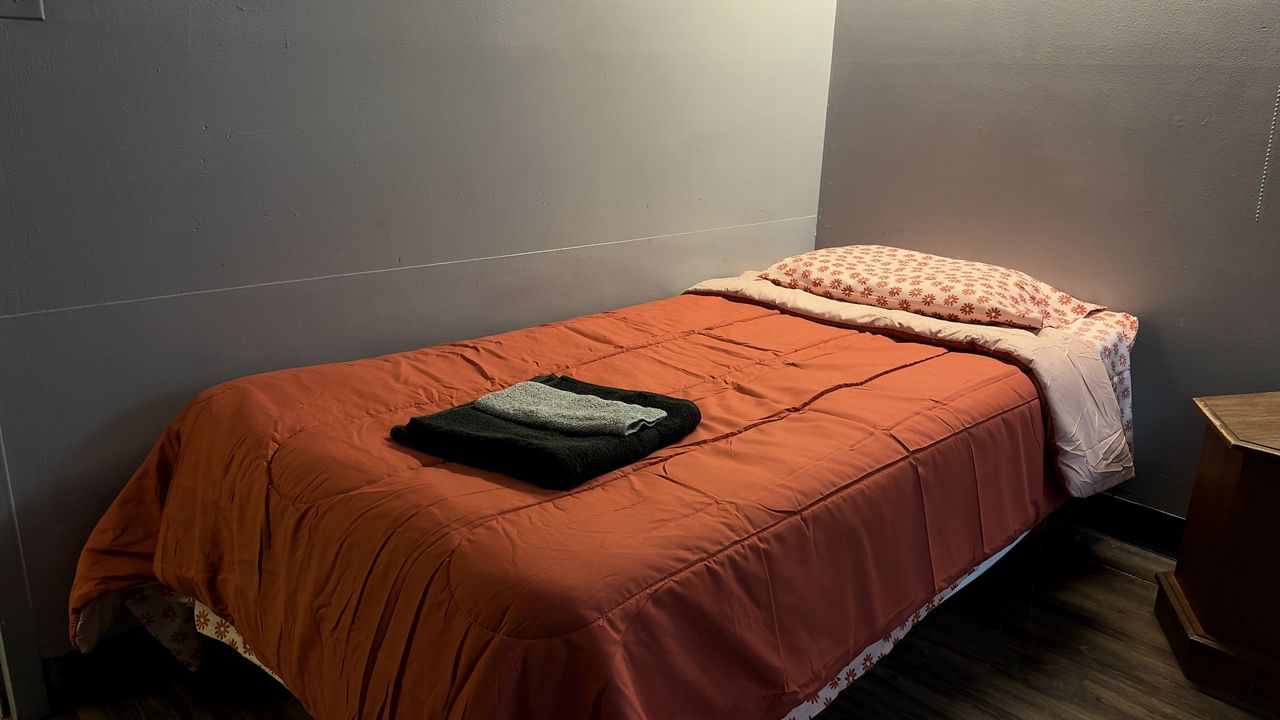
She was connected to the Milwaukee Women’s Center’s Older Abused Women’s Program. It offers a place to live and counseling for women over the age of 50.
“If I am not mistaken, we are the only shelter specifically for older, abused women,” said Emergency Shelter Director Shamika May. “At the age where they should be stable and enjoying getting older, they have to deal with things like fleeing domestic violence.”
Johnson, like many other victims of domestic violence, made the choice to return to her abuser.
When asked why she went back to him, she said, “I don’t know… I don’t know.”
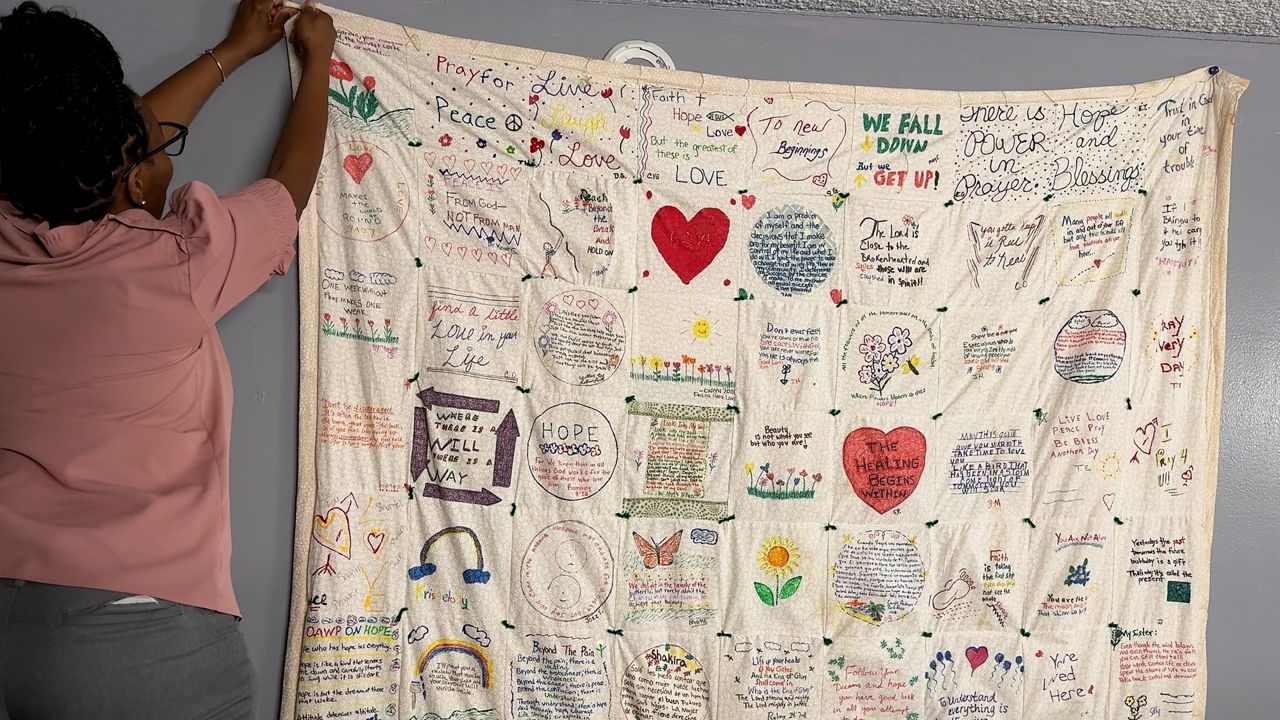
In a study done on 104 females, the National Institutes of Health reported that 66.3% of these victims returned to their abusers at least once and of them, 97.1% of them returned to their abusers more than once.
May said many older women find themselves in unhealthy relationships, without their own financial security. That can lead to feelings of anxiety and hopelessness in finding a job or changing their reality later in life.
“A lot of time we get women that don’t have work experience, they don’t have the tools to do what they need to do to make it in everyday life,” said May. “A lot of older abused women, we are helping them from the beginning.”
The Older Abused Women’s Program only has the ability to offer four beds in its shelter.
“So we do have to turn people away and if I am not mistaken, we are the only shelter specifically for older abused women,” said May.
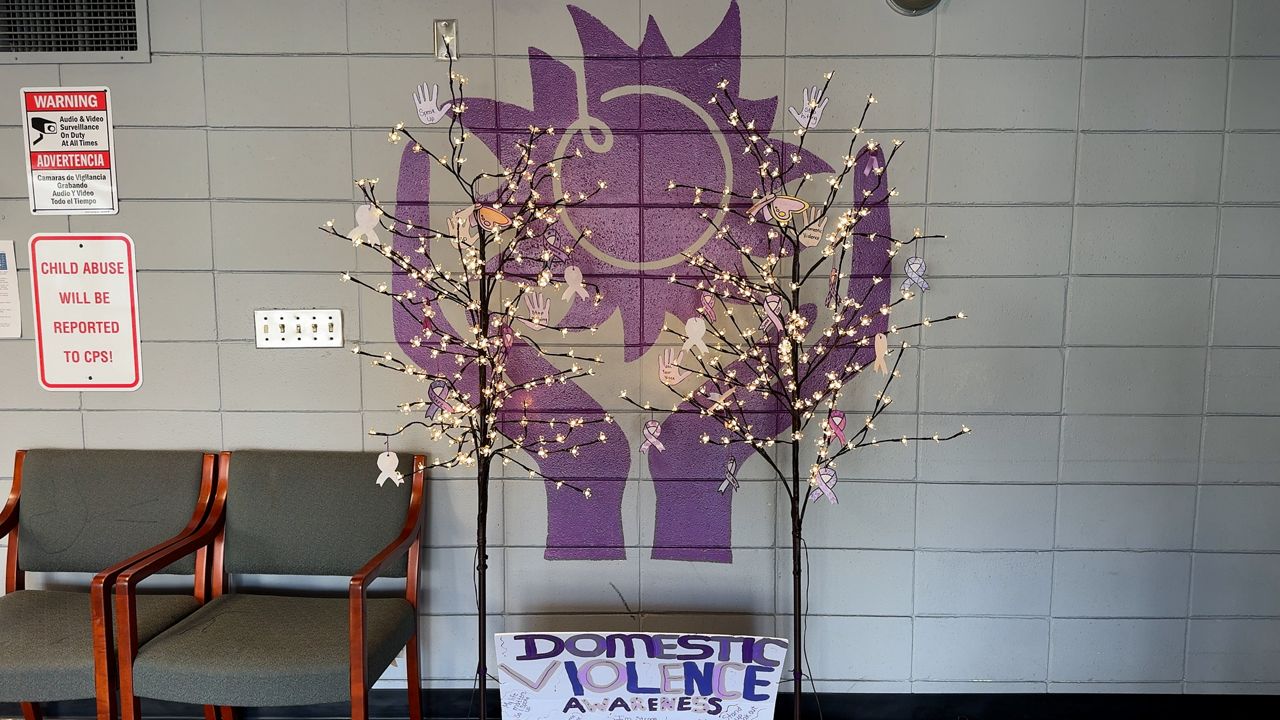
Often, being able to escape a domestic violence situation can mean life or death.
Johnson said she is very grateful for the program as it has offered her a safe place to get back on her feet.
According to the National Center for Children in Poverty, more than 80% of mothers with children experiencing homelessness had previously experienced domestic violence.
May said the Milwaukee Women’s Center is able to operate off of donations and grant funding, but she worries that money will not be enough as this vulnerable population continues to grow.
“We try to have funding to help these women pay for rent and security deposits because a lot of the time that is a huge barrier to housing,” said May.
At the time of this interview, Johnson was working with housing navigators to find a new place to live.
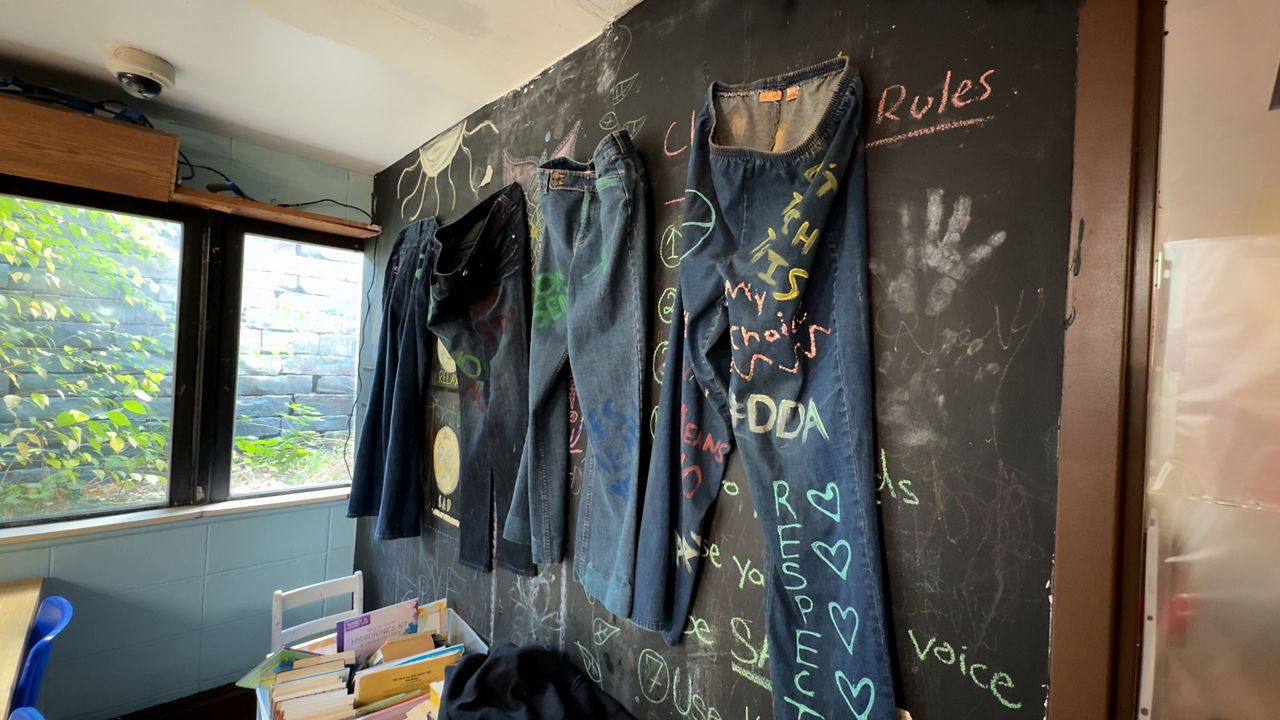
“I had been in my house for nine years and there is no reason I should have to be homeless and without housing, but I have to start from scratch again,” said Johnson.
Johnson said she was grateful a bed was open at the Milwaukee Women’s Center when she needed it. As she continues her healing journey, she said she wants others in unhealthy relationships to know there is help and hope out there.
“As long as you have people to support you and keep positive thoughts in your head, you can do it,” she said.









